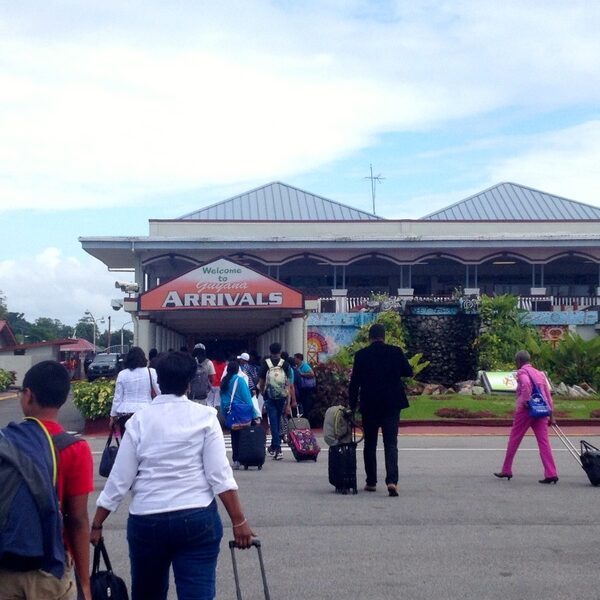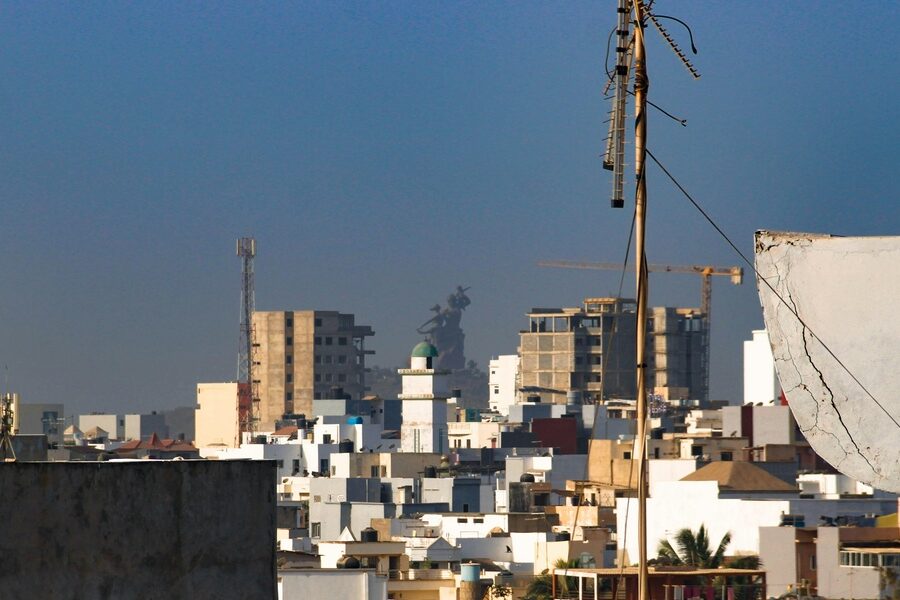In 1957 Malaysia gained independence and quickly embraced a mix of cultures, trade routes and natural riches that still shape why many choose to live there today; the benefits of living in malaysia are rooted in that history, a population of about 33 million in 2024, and continued investment in people and places (World Bank data shows steady economic integration across the region). People choosing where to settle typically weigh cost, quality of life, safety and services, and Malaysia consistently scores well on that mix. Malaysia combines affordable living, diverse culture, strong infrastructure and accessible healthcare in ways that make it one of Southeast Asia’s most attractive places to live. This piece lays out ten concrete benefits of living in malaysia grouped into four major categories: economy & cost, lifestyle & nature, infrastructure & services, and expat/retirement perks. Read on for specific facts, examples and practical details to help you judge how Malaysia might fit your next move.
Economic benefits of benefits of living in malaysia
One practical benefit of living in malaysia is the balance between affordable living and a growing, diversified economy that supports jobs in manufacturing, energy and services.
1. Affordable cost of living
One clear benefit of living in Malaysia is the affordable cost of living. Rents and everyday expenses in Kuala Lumpur are often 40–60% lower than comparable neighborhoods in Singapore and far lower than many Hong Kong locations, with central KL one-bedroom rents often several hundred USD versus well over 1,000 USD in central Singapore (cost-of-living surveys, approximate figures).
That difference translates into real savings for a young professional or small family: more disposable income, ability to outsource cleaning or childcare, or to save for travel and retirement.
- Typical monthly expenses (examples):
- Rent (1BR central KL): MYR 2,000–3,500 (~USD 430–750)
- Utilities and internet: MYR 150–300 (~USD 32–65)
- Groceries for two: MYR 600–1,000 (~USD 130–215)
- Local transport (commute): MYR 100–250 (~USD 22–54)
For more detail on housing, see cost of living in Kuala Lumpur.
2. Strong job market and growing sectors
A strong job market is another clear benefit of living in malaysia, with clusters in electronics, oil & gas, finance and digital services providing diverse hiring opportunities.
Penang plays a pivotal role as an electronics manufacturing hub, hosting hundreds of firms and major supply-chain activities for companies like Intel and other contract manufacturers. Petronas, the national oil and gas company, remains a major employer across energy, engineering and professional services.
Long-running initiatives such as MSC Malaysia (the Multimedia Super Corridor) have encouraged tech firms and start-ups to set up in Cyberjaya and greater Kuala Lumpur. Government and central-bank analyses (Bank Negara Malaysia, World Bank reports) highlight manufacturing exports and services as steady sources of jobs for engineers, IT specialists and finance professionals.
Concrete example: an electrical engineer might find openings in Penang’s contract-manufacturing ecosystem or in Kuala Lumpur with regional finance or fintech teams, reflecting a breadth of career paths.
See a regional perspective at Penang electronics industry overview.
3. Cost-effective business and entrepreneurship environment
An entrepreneur-friendly environment is yet another benefit of living in malaysia, thanks to relatively low overheads and accessible support for small businesses.
Co-working hubs and incubators are plentiful in Kuala Lumpur and Penang — think 50+ shared spaces across the greater KL area — and government incentives for tech companies (MSC status, selective tax breaks) lower the barrier to entry. Renting a small workspace or using a co-working desk lets freelancers and early-stage startups scale without heavy upfront costs.
Practical steps to start a small business in Malaysia:
- Register a company with Suruhanjaya Syarikat Malaysia (SSM)
- Open a local business bank account and set up GST/SST compliance
- Arrange local visas or work permits if you’re an expatriate
- Use co-working spaces and industry networks in KL or Penang to find clients
For freelancers and small teams, access to ASEAN markets from Malaysia is a clear competitive advantage.
Lifestyle and natural benefits of benefits of living in malaysia
One major lifestyle benefit of living in malaysia is the combination of a rich multicultural society, an outstanding food scene and immediate access to beaches, rainforests and mountains; Malaysia is also one of 17 megadiverse countries, making nature a daily option.
4. Multicultural society and languages
A multicultural society is a hallmark benefit of living in malaysia, with Malays, Chinese and Indians forming the main ethnic groups and English widely used in business and education.
Urban areas show multilingual signage and services, and schools often offer curricula that accommodate expat families. Neighborhoods like George Town (Penang) and Bukit Bintang (KL) display multicultural architecture, shops and places of worship within short walks, which makes everyday life both convenient and culturally rich.
The result is social ease for English-speaking newcomers and a calendar of festivals year-round that keeps community life lively.
5. Food culture and festivals
One tasty benefit of living in malaysia is the food culture: hawker stalls, night markets and restaurants that reflect Malay, Chinese, Indian and indigenous culinary roots.
Street-food meals are affordable — many hawker plates cost under MYR 10–15 — and cities like Penang are regularly ranked among top street-food destinations by travel guides. You’ll find weekend night markets in dozens of towns and city neighborhoods, where a family can eat well without breaking the bank.
- Must-try dishes: nasi lemak, char kuey teow, laksa, roti canai, satay
- Where to eat: hawker centres in Penang, Jalan Alor and Bukit Bintang food streets in KL
Festivals such as Hari Raya, Chinese New Year and Deepavali add color to public life and regular opportunities to sample seasonal specialties.
6. Access to nature: beaches, rainforests and mountains
Easy access to nature is a daily benefit of living in malaysia, with mountains, primary rainforests and coral-fringed islands all within reach of major cities.
Mount Kinabalu rises to 4,095 m and draws climbers and nature lovers, while Taman Negara, established in 1938, is one of the oldest tropical rainforests and offers canopy walks and wildlife viewing. Islands such as Langkawi and the Perhentians are popular weekend escapes for diving, snorkeling and beach time.
Families often take short domestic flights or overnight drives for hiking, canopy walks or scuba trips, making outdoor recreation an affordable part of life rather than a rare vacation.
Healthcare, education and infrastructure benefits of living in malaysia
One practical set of benefits of living in malaysia lies in its public and private services: good-quality healthcare at relatively low cost, a range of schooling options and improving transport links.
7. Affordable, quality healthcare
Reliable healthcare is a major benefit of living in malaysia, with a mix of public hospitals and high-quality private hospitals serving residents and international patients.
Private hospitals such as Prince Court Medical Centre and Gleneagles Kuala Lumpur offer English-speaking staff and shorter wait times for elective procedures. Medical tourism figures show Malaysia treated over 1 million international patients in 2019 (Ministry of Health and industry reports), with strengths in cardiology, orthopedics and cosmetic procedures.
Costs for procedures are often a fraction of comparable prices in some Western countries; for example, certain joint surgeries and cardiac procedures are frequently cited as notably cheaper here, though prices vary by hospital and treatment.
8. Education options and international schools
Varied education choices are an important benefit of living in malaysia: families can choose public schools, private institutions or international schools with British, Australian or IB curricula.
Greater Kuala Lumpur hosts 50+ international schools and Penang offers additional options, while national universities such as Universiti Malaya provide reputable tertiary education. International school options make relocation easier for families seeking familiar curricula and university pathways.
Example: international schools in KL and Penang often offer IB or Cambridge programs alongside local syllabuses, helping students transition to universities abroad or in Malaysia.
9. Connectivity: airports, public transport and internet
Strong connectivity is a real benefit of living in malaysia, with KLIA serving as a regional airport hub and expanding urban transit in major cities.
KLIA, opened in 1998, links Malaysia to global destinations and the region, while low-cost carriers such as AirAsia make domestic flights affordable. Urban rail investment includes the MRT Sungai Buloh–Kajang line, which opened in 2017, and additional LRT and bus services expanding in the Klang Valley and Penang.
- Transport options: MRT, LRT, KTM commuter rail, express buses, KLIA and domestic airlines
- Communications: broadband and mobile coverage have improved substantially in recent years
That connectivity supports both business travel and weekend leisure trips across ASEAN.
Expat and retirement benefits of living in malaysia
One of the lasting draws and benefits of living in malaysia is its appeal to expats and retirees: reasonable costs, warm weather, English use and formal programs aimed at long-stay residents.
10. MM2H and long-term residency options for retirees and expats
Access to long-term residency options is a significant benefit of living in malaysia, historically embodied by the Malaysia My Second Home (MM2H) program.
MM2H has offered long-term visas, certain property purchase allowances and easier access to local services, though the program has undergone rule changes in recent years; prospective applicants should check the latest government guidance. Beyond MM2H, many expats use work passes, dependent visas or retirement routes to settle, supported by networks of property agents, international clinics and clubs in hubs like Kuala Lumpur, Penang and Kota Kinabalu.
Typical considerations for expats:
- Visa and residency rules (check current MM2H details and local immigration guidance)
- Healthcare plans and international medical insurance
- Tax residency and financial planning
Practical services—real estate agents, international schools and expat community groups—make settling more straightforward for long-stay residents.
Summary
- Affordability plus sectoral jobs make Malaysia an attractive place to stretch income and grow a career (population ~33 million).
- Rich cultural life and food combine with easy access to nature — from Mount Kinabalu (4,095 m) to Taman Negara.
- Good private healthcare and medical tourism (over 1 million international patients in 2019) coexist with improving public services and schools.
- Strong connectivity, growing urban transit and expat-friendly programs like MM2H support long-term moves.
- Weigh which benefits matter most to you, then research up-to-date visa rules and local cost data before deciding.










